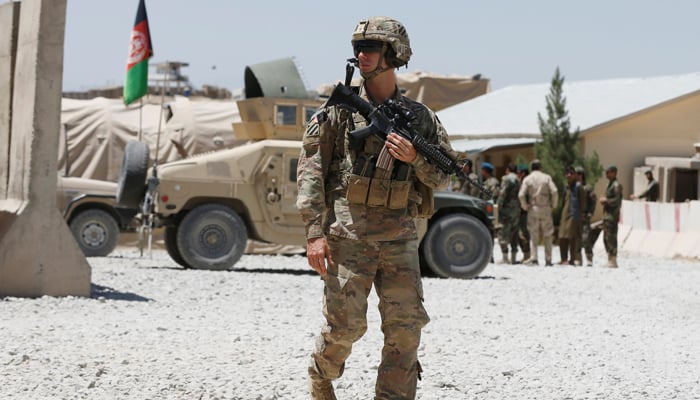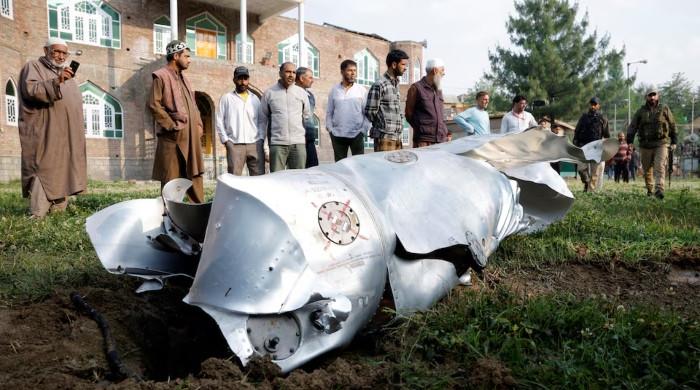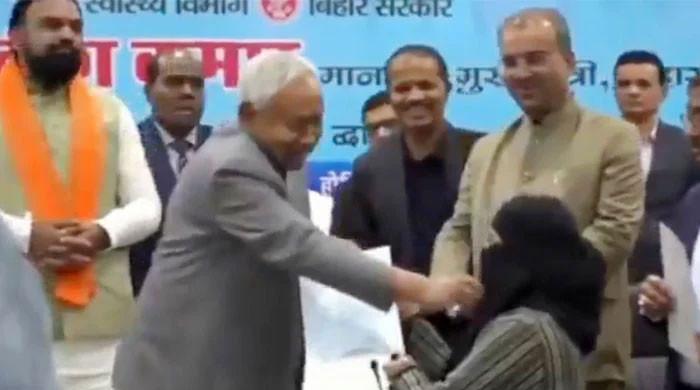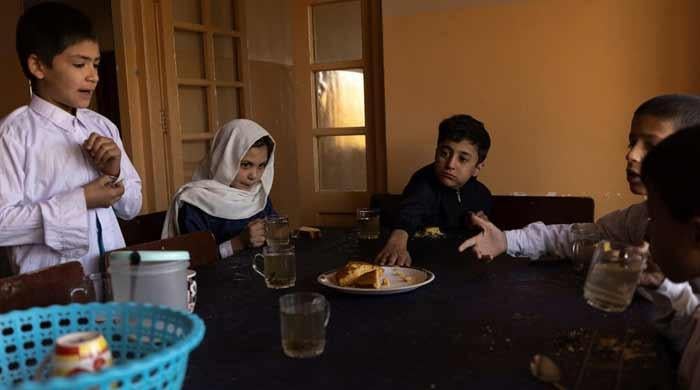Swedish academic Ashok Swain asks why Afghanistan is worse off today despite US intervention
US has spent a whopping $2.2 trillion in Afghanistan in the last 20 years, yet, 59% Afghans live in poverty
August 07, 2021

- US has spent $2.2 trillion in Afghanistan, Ashok Swain says.
- Pakistan has taken in 1.43 million Afghan refugees, he adds.
- Afghans living in poverty have increased from 34% in 2007 to 59% in 2017, Swain says.
Swedish scholar Ashok Swain on Saturday cast aspersions on the United States' involvement in Afghanistan, demonstrating how the war-torn country is worse off today despite foreign intervention.
The withdrawal of foreign troops from Afghanistan is near conclusion, but the war in Afghanistan is no where near an end, as Afghan forces and Taliban continue to clash, with peace talks bearing no fruit thus far.
American troops arrived in Afghanistan following the 9/11 incident — and so, were there for 20 years — and are now pulling out, after striking a peace deal with the Taliban in Qatar, Doha.
Providing an overview of the impact the US' intervention in Afghanistan has left on the country, the academic said that the US has spent a whopping $2.2 trillion in Afghanistan in the last 20 years — the longest that America has been involved in a war.
He said that Western aid in this period increased from $1.3 billion in 2002 to $7.9 billion in 2018.
However, this was not enough to curtail the rise in poverty, which stood at 34% in 2007 and in 2017, increased to 59%.
"[Eight thousand] hectares of poppy cultivation in 2001, [went up to] 224,000 hectares in 2020," he said.
"Who can explain?" he asked.
Shedding light on the intake of refugees, he said that Pakistan has taken in 1.43 million people, Iran 780,000, Turkey 117,383, and India has welcomed 15,689 among the 2.5 million registered Afghan refugees.
"About 90% of the world’s Afghan refugees are hosted in Iran and Pakistan, though sizeable populations exist in other countries in the Asia Pacific region," a report by the United Nations Commission on Human Rights (UNCHR) said.
'New, deadlier, and more destructive phase'
Peace talks which were aimed at ending the war in Afghanistan have borne no fruit as the war, according to UN special envoy for Afghanistan, Deborah Lyons, has entered a "new, deadlier, and more destructive phase" with more than 1,000 civilians killed in the past month during a Taliban offensive.
Lyons, addressing the Security Council meeting on Afghanistan on Friday, said: "A party that was genuinely committed to a negotiated settlement would not risk so many civilian casualties, because it would understand that the process of reconciliation will be more challenging the more blood is shed."
"The Security Council must issue an unambiguous statement that attacks against cities must stop now," Lyons told the 15-member council.
"This is now a different kind of war, reminiscent of Syria, recently, or Sarajevo, in the not-so-distant past," she said.









